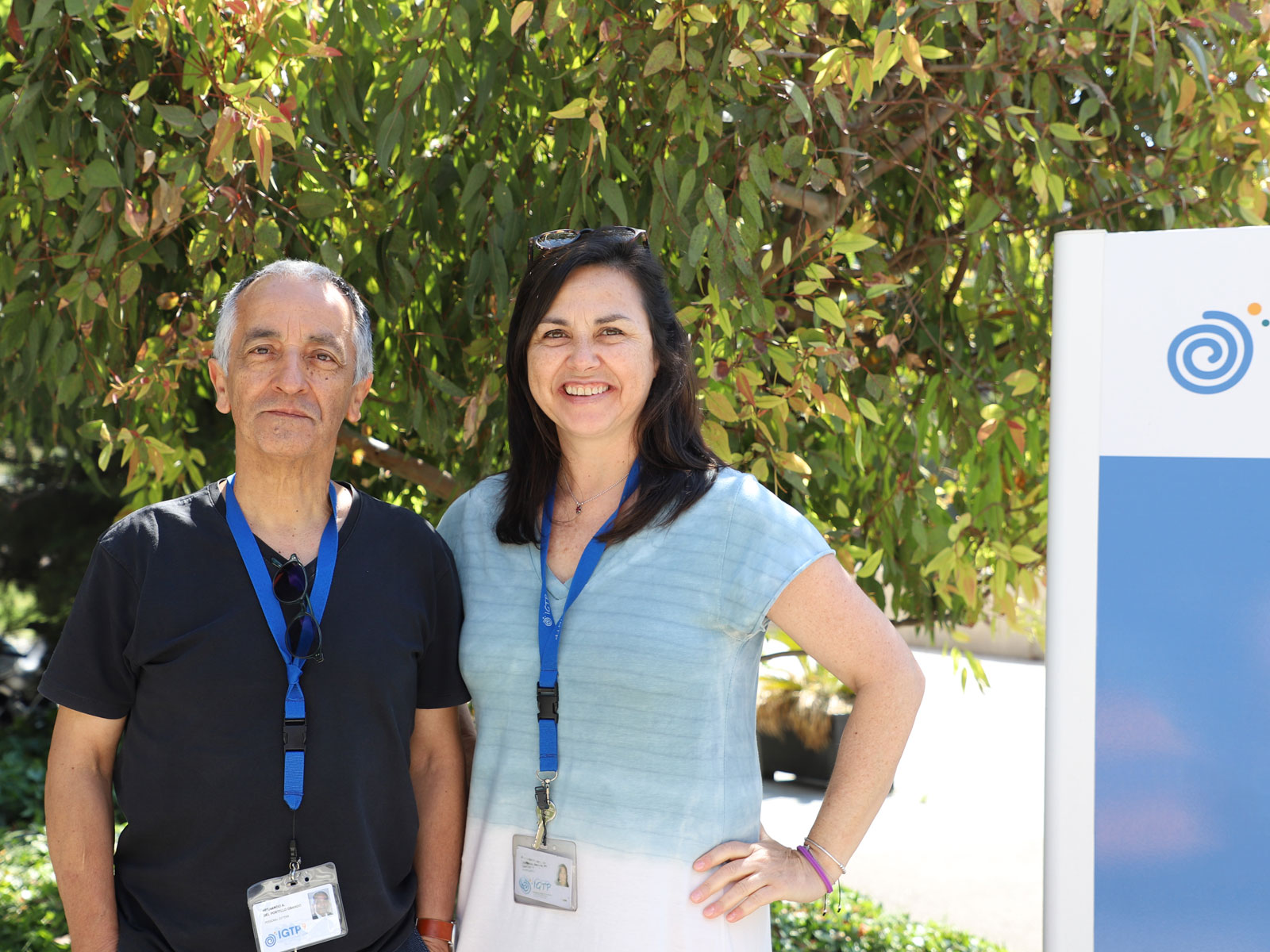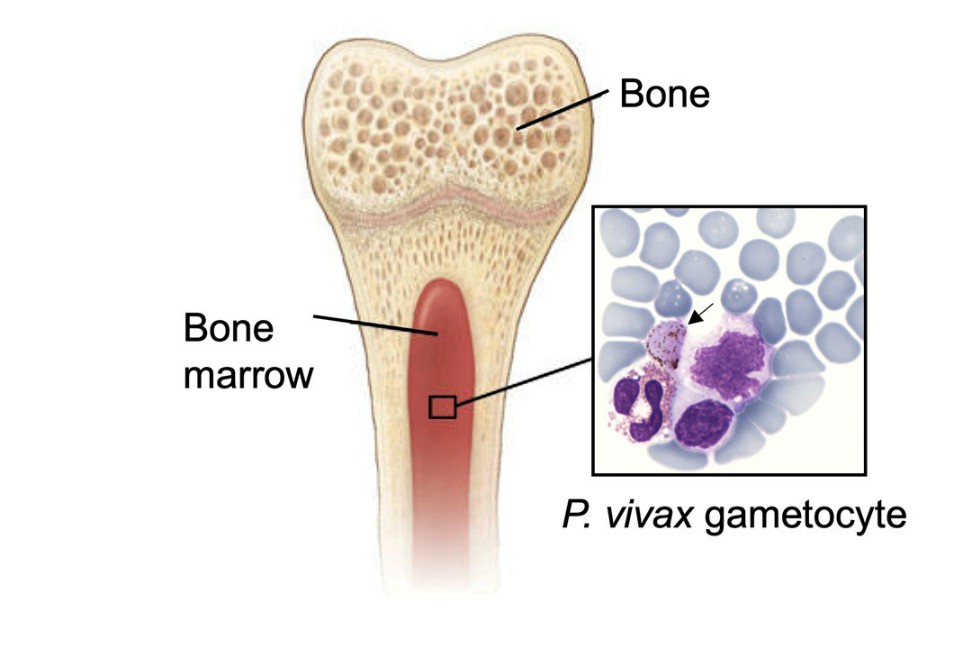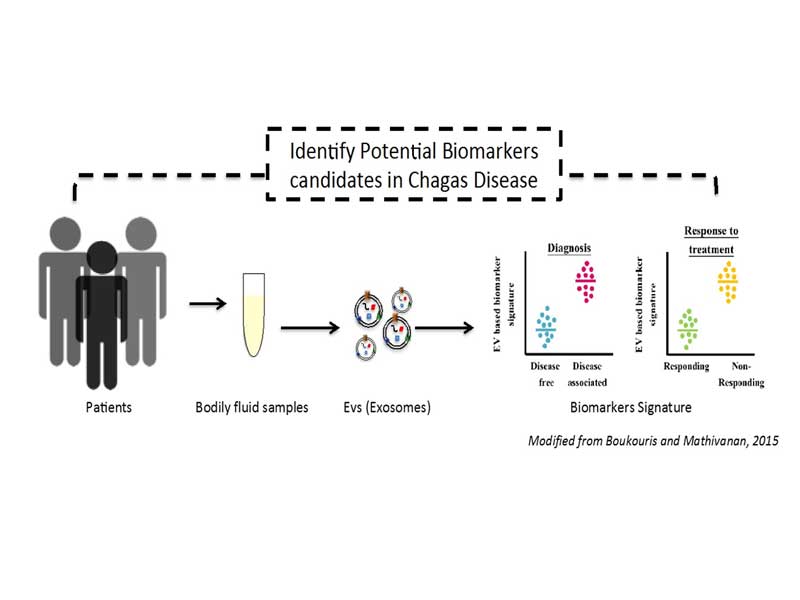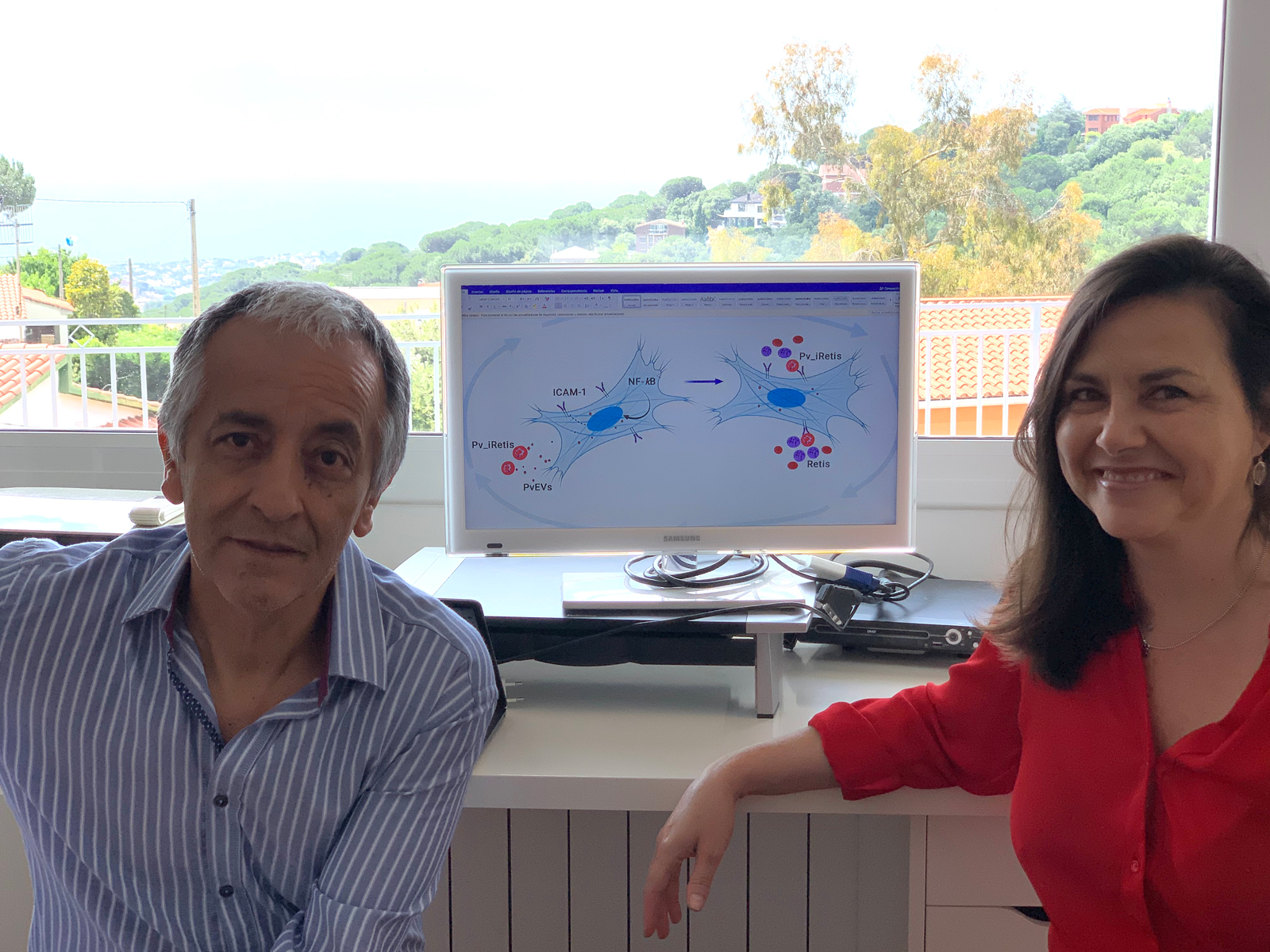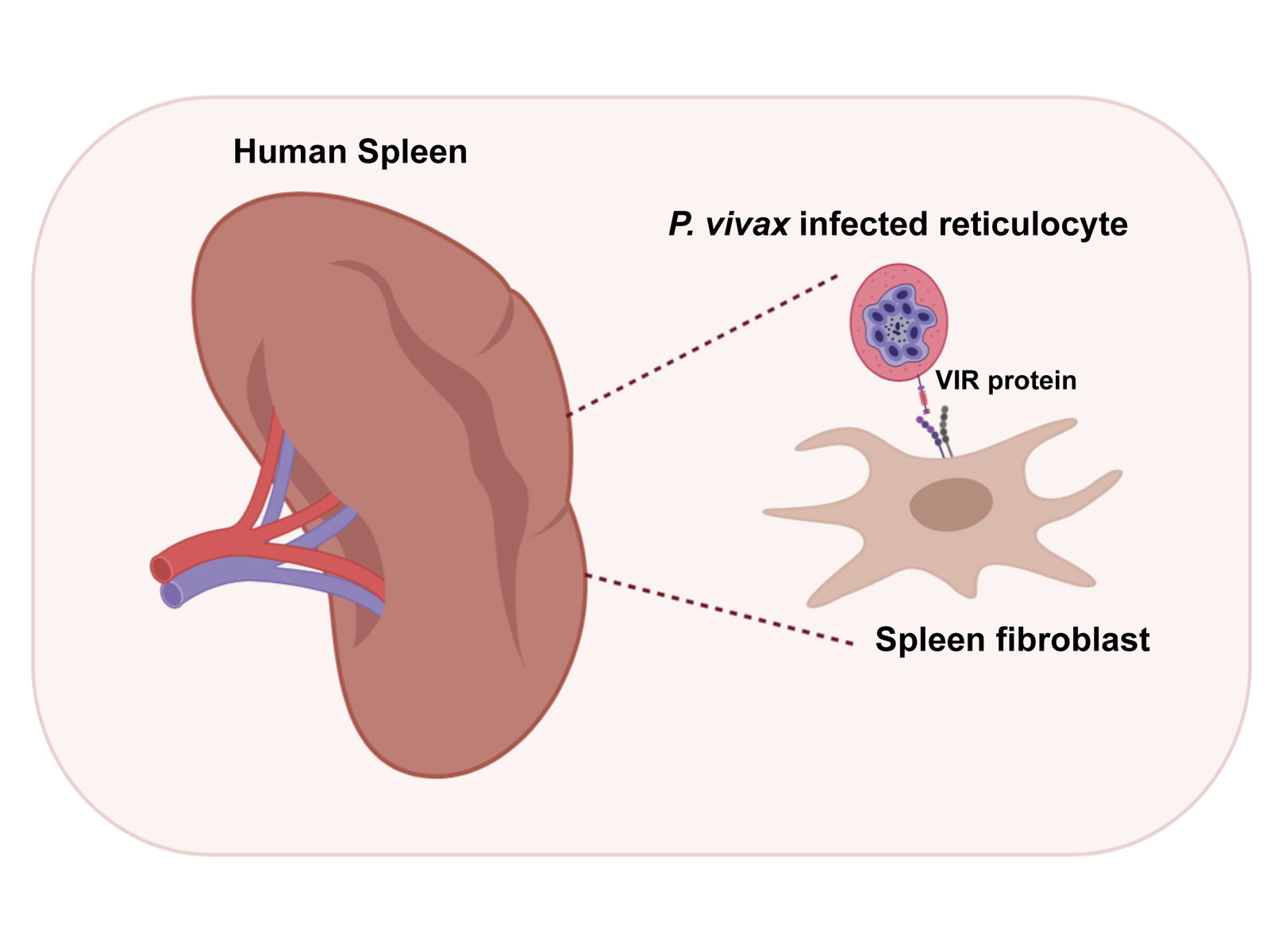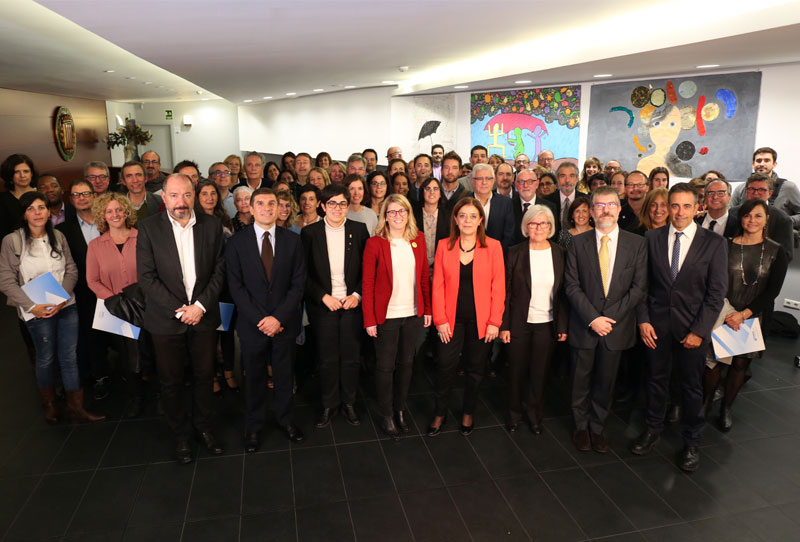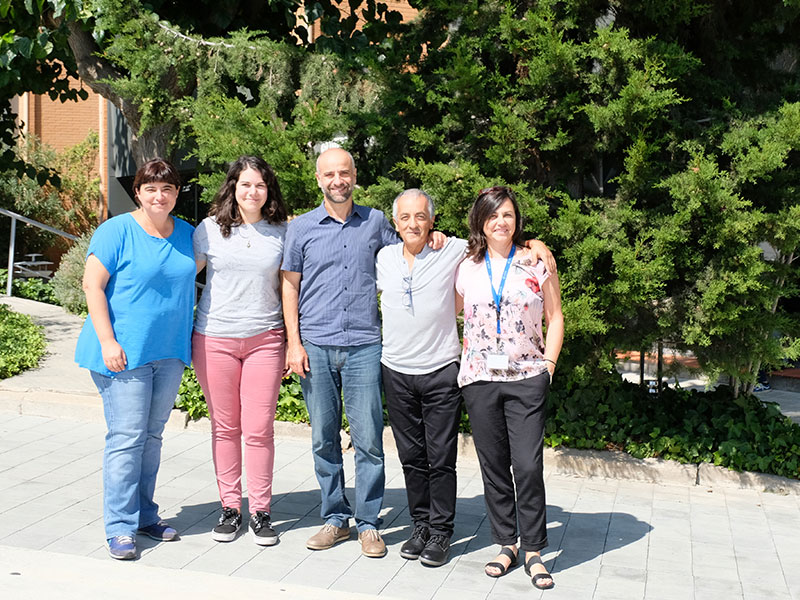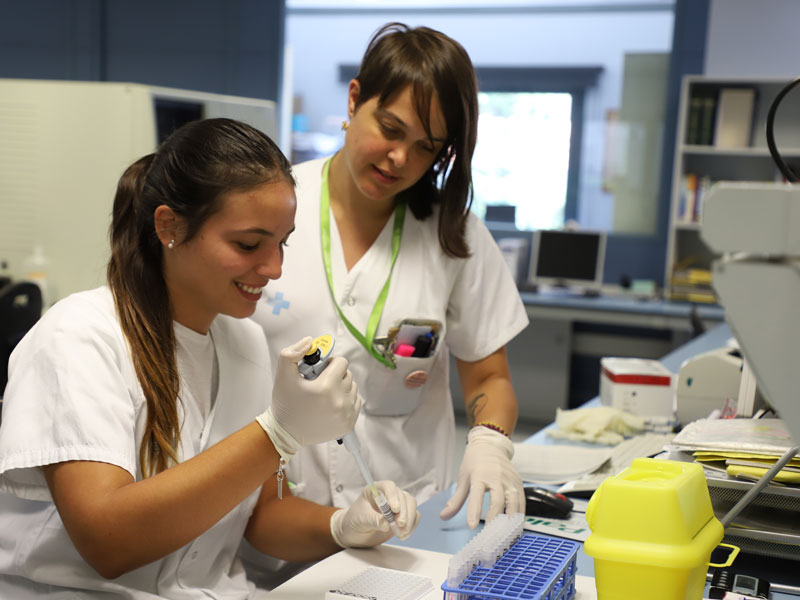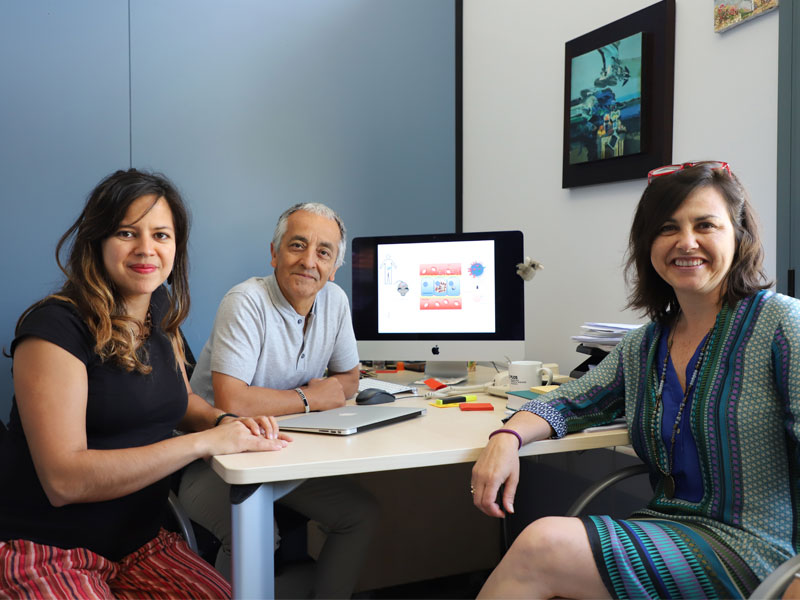New studies show that chronic Plasmodium vivax malaria is an infection of the spleen and most of the biomass of the parasite is found there
The new studies change the accepted facts about the biology of Plasmodium vivax, a parasite that causes an often chronic and sometimes fatal form of malaria. The work focuses on the spleen, which has been thought to be the organ that cleared malaria parasites from the blood; the new data shows that in fact it is a reservoir and nursery for the parasite. This work can explain why malaria caused by P. vivax can have a latent liver form responsible for clinical relapses together with intrasplenic parasites likely responsible for chronic asymptomatic infections, thus providing new avenues for alternative control strategies.
